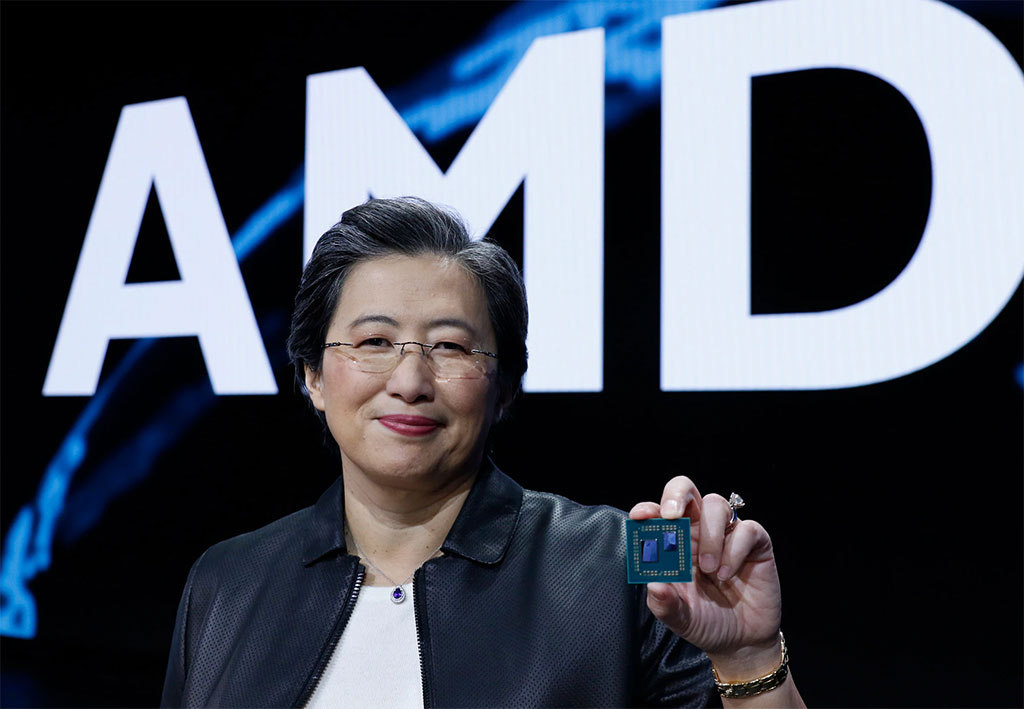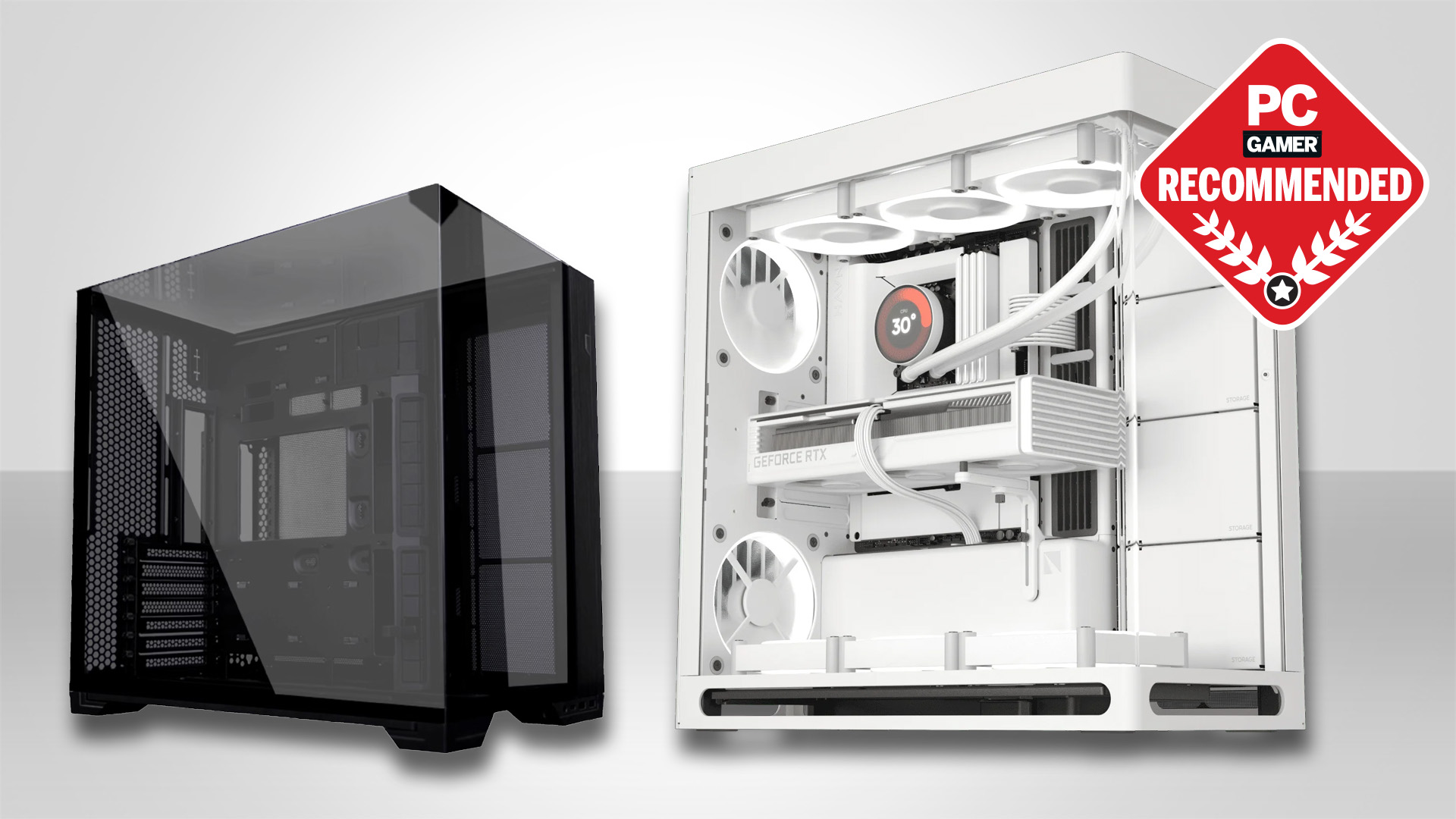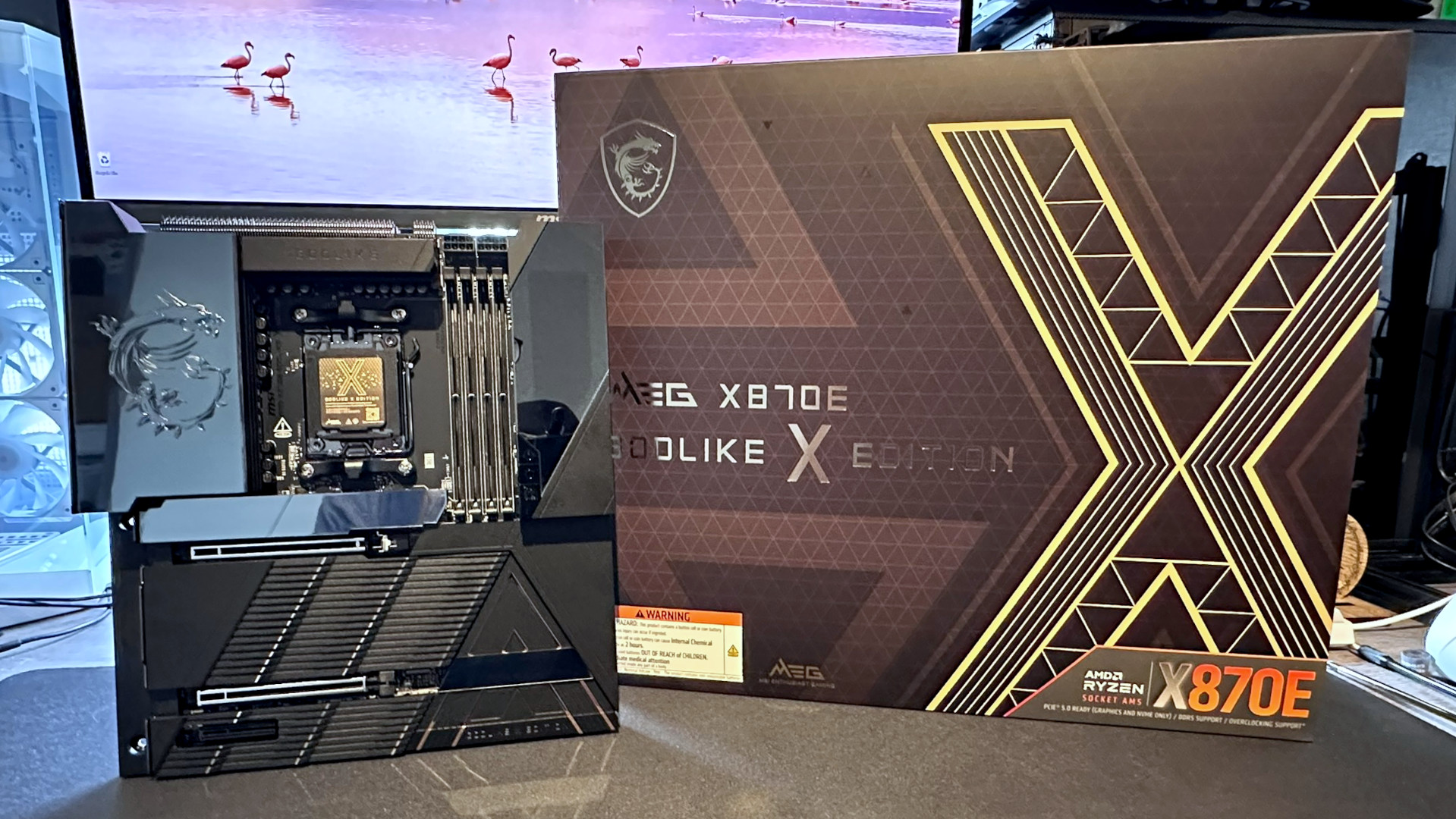AMD's Ryzen onslaught is paying off in PC CPU share gains against Intel
Intel still dominates, but AMD is gaining ground in every processor segment.

The topic of AMD vs Intel may not ruin a family gathering at Thanksgiving in the same manner that bringing up politics or religion will, but among tech savvy circles, it's a hot topic. That's to say, your uncle Bob isn't likely to chuck a turkey wing across the table or intentionally tip over the gravy boat if he hears you tell aunt Ethel that AMD makes better chips than Intel, or vice versa. If you want to test this theory, feel free to share Mercury Researcher's latest data on the topic at the next family event.
Mercury Research is one of the largest CPU analyst firms around, and it's often cited by companies like AMD and Intel. In this instance, AMD shared Mercury Researcher's newly published data for the fourth quarter of 2019, with industry analyst Patrick Moorhead.
AMD's PR agency just shared with me Q4 Mercury Research unit market share numbers for AMD excluding consoles and IoT. So I thought I'd share with you. Keep in mind these are unit share, not dollar share. pic.twitter.com/glFi0WP7F0February 5, 2020
The condensed extrapolation of the numbers is that AMD continues to gain ground on Intel. Looking closer, we see AMD narrowing the gap in every segment, none larger than mobile.
"Thanks to the strength of powerful new processors launched in Q4, like the Ryzen 9 3950X and the 3rd generation Threadripper family, desktop, excluding IoT, also increased, with AMD share moving up 0.3 share points quarter over quarter, and 2.4 share points year over year, hitting 18.3 percent," AMD said in a statement.
Part of what's notable about these gains is they continue to take place three years after the initial launch of Zen. The numbers underscore how AMD has itself on solid footing these days. Intel still dominates (and is also coming off a record year in terms of revenue), but in a way, this is reminiscent of the browser wars. Internet Explorer had what seemed like an insurmountable lead, until Firefox and then Chrome began to chip away.
It's not an apples-to-apples comparison, but it's still interesting to see AMD chip away at a much bigger rival.
This isn't just playing out in market reports, either. Over at Amazon, eight of the top 10 best selling CPUs are Ryzen processors. Here's a rundown:
Keep up to date with the most important stories and the best deals, as picked by the PC Gamer team.
- No. 1—AMD Ryzen 2700X
- No. 2—AMD Ryzen 5 3600
- No. 3—AMD Ryzen 5 2600
- No. 4—AMD Ryzen 7 3700X
- No. 5—AMD Ryzen 9 3900X
- No. 6—Intel Core i9-9900KF
- No. 7—AMD Ryzen 5 3600X
- No. 8—Intel Core i5-9600K
- No. 9—AMD Ryzen 7 2700
- No. 10—AMD Ryzen 3 3200G
Gaming is playing a role here as well. Dean McCarron of Mercury Research told our friends at TomsHardware that desktop CPU shipments for both AMD and Intel went up on "strong high-end gaming CPU demand." AMD primarily benefited from its Ryzen 3000 (Zen 2) series, while Intel saw an uptick by dealing with entry-level CPU supply issues last quarter. AMD's growth for the fourth quarter was lower than in the past two years, however.
It will also be interesting to see how things play out in the next several months, and the entirety of 2020. AMD and its hardware partners are getting ready to launch laptops based on its Ryzen 4000 mobile CPUs, and on the desktop, we will see Zen 3 processors debut later this year. Intel, meanwhile, is getting ready to launch another iteration of its 14nm node (Comet Lake-S), and hopefully will finally have 10nm desktop CPUs shipping by the end of the year.
The one caveat to all this is AMD's progress against Intel in market share is in several individual categories. As a whole, AMD's total x86 market share inched backwards 0.9 percentage points to 14.2 percent (though that's also a full year gain of 0.9 percent). This is attributable to declines in the IoT/semicustom segment, and a direct result of console shipments slowing. Those will pick up this year too, though, with the Xbox Series X and PlayStation 5 both running AMD hardware inside.
Paul has been playing PC games and raking his knuckles on computer hardware since the Commodore 64. He does not have any tattoos, but thinks it would be cool to get one that reads LOAD"*",8,1. In his off time, he rides motorcycles and wrestles alligators (only one of those is true).


